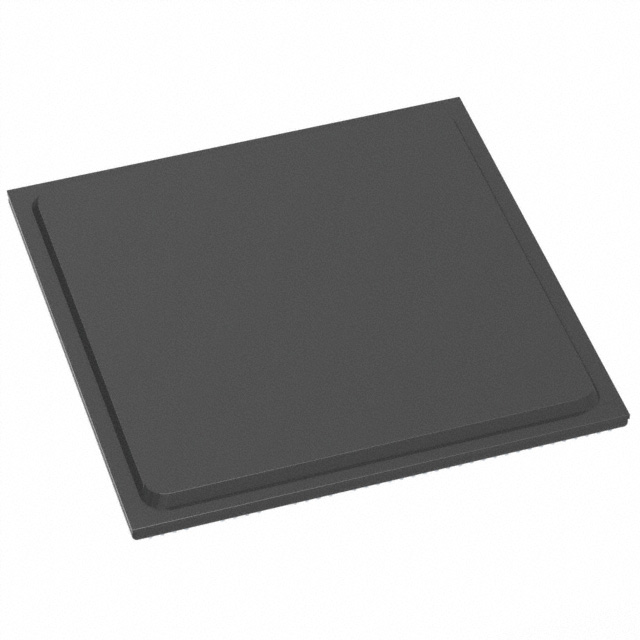In the fast – paced semiconductor world 🌐, the XC5VLX220T – 1FFG1738C from Xilinx’s Virtex – 5 series stands out as a powerful chip 💪. It has found its way into many high – tech applications, but like all technologies, it has its strengths and limitations. Let’s explore where this high – performance chip shines and where it may not be the best fit.
Suitable Application Scenarios
1. High – Speed Data Processing in Data Centers
Data centers are the digital age’s core 🖥️, handling vast amounts of data daily. The XC5VLX220T – 1FFG1738C, with 17280 CLBs and 221184 logic cells, is a logical processing giant. It can speed up database queries, quickly retrieving data from large – scale databases. This shortens query times and boosts data – intensive operation efficiency. During big data pre – processing, its 36 – Kbit block RAM/FIFOs cache data, and 25×18 DSP slices handle complex processing tasks. Together, they enable fast data cleaning and transformation, laying a good foundation for in – depth analysis. 📊
2. 5G Communication Network Infrastructure
The 5G era brings ultra – high – speed data transfer 🚀. The XC5VLX220T – 1FFG1738C, with its high – performance parallel SelectIO technology, is crucial in this area. It supports multiple interfaces, allowing seamless, high – speed data transfer with 5G base station and core network components. Its precise clock management ensures stable data transmission, reducing errors. Its strong digital signal processing is also essential for 5G signal modulation and demodulation, meeting 5G’s low – latency and high – bandwidth needs. 📶
3. Precision Control in Industrial Automation
In industrial automation, precision matters, especially in automotive production lines 🚗. For example, in automotive part welding, the XC5VLX220T – 1FFG1738C’s logic processing can accurately control robotic arm movements and welding times according to preset parameters. Its storage can record real – time welding data like current and voltage, which helps analyze quality and monitor equipment. The chip’s stable performance and reliable clock management keep industrial processes running smoothly, improving product quality and production efficiency.
4. Signal Processing in Radar and Sonar Systems
In radar and sonar, quickly processing complex echo signals is key to detecting targets 🔍. The XC5VLX220T – 1FFG1738C’s 25×18 DSP slices give it strong signal – processing power. It can filter noise, extract features from echo signals, and help get target information. Its rich logic resources also support complex algorithms, making it important in military surveillance, marine exploration, and related fields. 🌊
Unsuitable Application Scenarios
1. Cost – Sensitive Consumer Electronics
For cost – sensitive consumer electronics, like basic smart home sensors (temperature, humidity sensors) 🏠, the XC5VLX220T – 1FFG1738C isn’t cost – effective. These devices are in a competitive market where cost is crucial. The chip’s high – end features and complex design mean high manufacturing costs, making it a bad fit for cost – focused products.
2. Low – Performance and Simple Logic Applications
In applications with low performance needs and simple logic, such as small – scale electronic toy displays or simple LED indicator circuits 🎮, the XC5VLX220T – 1FFG1738C is overkill. Basic logic gates or simple microcontrollers can handle tasks like on – off control and simple displays. Using this chip in such cases would waste resources and increase costs.
3. Ultra – Low – Power – Consumption Portable Devices
Portable devices with strict ultra – low – power requirements, like long – standby fitness trackers 📱, aren’t compatible with the XC5VLX220T – 1FFG1738C. Although it has power – management features, compared to specialized low – power chips, its power consumption is high. Using it in these devices would reduce battery life, a major drawback for usability.
In conclusion, the XC5VLX220T – 1FFG1738C is a powerful chip for high – performance applications, offering versatility, speed, and reliability. But when using it, we must carefully match its features to the application’s needs, especially considering cost and power consumption. This way, engineers can make smart decisions and fully utilize this advanced technology.




